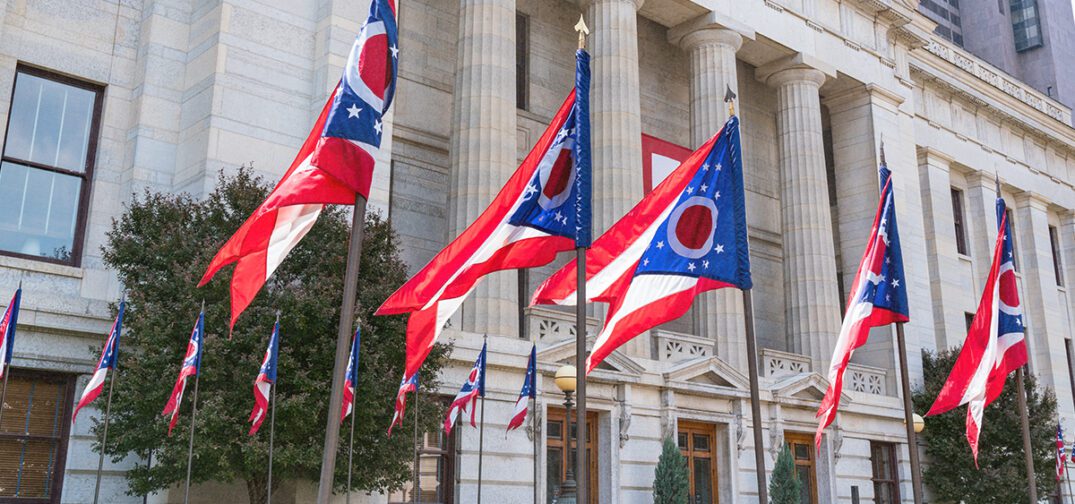St. Louis, Missouri officials are considering allowing the operation of cannabis lounges, the St. Louis Post-Dispatch reports. Under the plan, patrons could smoke cannabis and eat cannabis products on-site.
Aldermanic President Megan Green told the St. Louis Business Journal that the lounges have “the potential to provide an economic boom for the city.”
“If St. Louis is a little more lax in regulations and allows more of the cannabis industry to take hold here, it means that not only people from across the state may come, but perhaps tourism from other states like Illinois, where people are looking for products that are lower cost than in their state.” — Green to the Journal
A private cannabis lounge opened in the city in 2019, prior to voters approving broad cannabis legalization reforms in 2022, and at least three others like it have opened within city limits, according to the Dispatch. According to a Feast Magazine report, the first lounge, on Cherokee Street, initially just served CBD products. State law does not provide for cannabis lounges and restricts on-site consumption at licensed dispensaries.
Green and a spokesman for Mayor Tishaura O. Jones indicated they are working through clean air health concerns and distance requirements from places such as schools, childcare centers, and places of worship – requirements included for cannabis businesses under state law.
Green said she’s hoping to have a draft of the proposal to the city’s planning commission this fall and, if approved, it would go to the Board of Aldermen for final approval.
End























